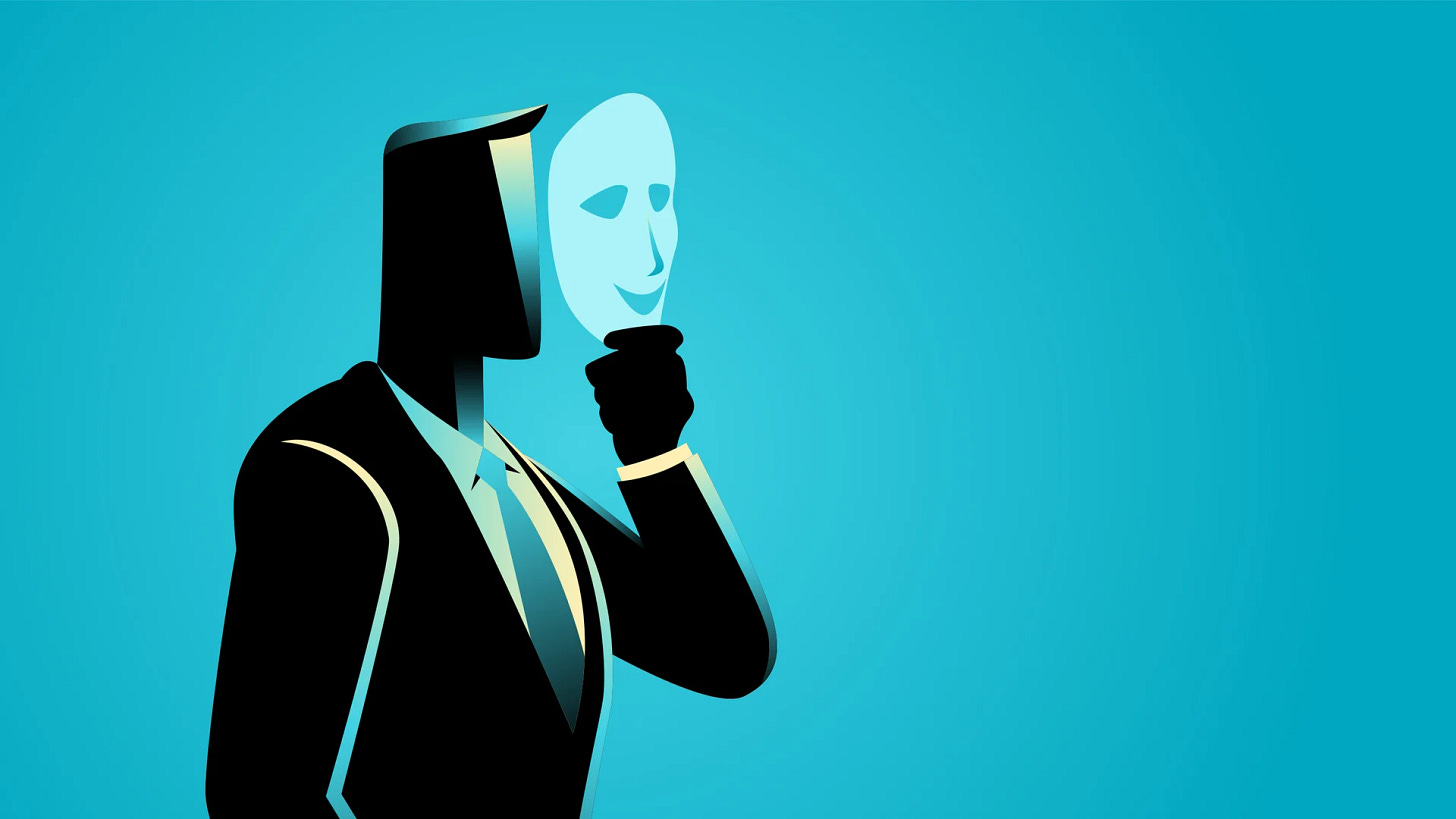Why Serial Killers Might Hold the Key to Understanding Human Empathy
Psychopathy reveals that most humans are wired for empathy. While rare individuals lack concern for others, altruism is natural—and even trainable—proving we're not fundamentally selfish.
If there's one persistent myth about human nature that just won't die, it's the idea that we're fundamentally selfish creatures. That deep down, every act of kindness is just a disguised form of self-interest, and that altruism is at best a social strategy. But this idea doesn't really hold up under scrutiny. In fact, it collapses under the weight of a powerful counterexample: psychopathy.
Psychopathy is not just an edgy label we use to describe people who give us the creeps. It's a well-defined neurodevelopmental disorder characterized by a constellation of traits-callousness, impulsivity, and a fearless, socially dominant personality. These individuals are not only selfish; they are fundamentally indifferent to the welfare of others. And this, ironically, tells us something profound: if indifference to others is pathological, then concern for others must be normative. In other words, most of us are not psychopaths because we are wired to care.
The existence of psychopathy proves that people aren't fundamentally selfish. If they were, there would be no need for a disorder to describe the absence of empathy. Psychopathy is the exception that proves the rule.
To appreciate the depth of this argument, consider what psychopathy entails. People high on the psychopathy spectrum exhibit what we call proactive aggression: calculated, goal-directed harm. This isn’t the kind of reactive lashing out you see when someone gets cut off in traffic. This is cold, instrumental manipulation—threatening, lying, coercing—all done without flinching. It's not just that they don’t feel guilt. It's that they don’t feel much of anything when it comes to other people's pain.
Neuroscientifically, this translates into observable differences in brain structure and function. The amygdala, the part of the brain involved in fear processing, tends to be underactive in psychopathic individuals. So is the ventromedial prefrontal cortex, which integrates emotional signals into decision-making. These aren't minor variations. They are significant deviations that begin early in development. By the time these individuals reach adulthood, their emotional landscape is markedly different.
But here's the kicker: Psychopathy is rare. Estimates vary, but extreme psychopathy probably affects about 1% of the population. That means 99% of us have some capacity for caring - a capacity that for many extends well beyond family and tribe.
And at the other end of the spectrum, we find something even more extraordinary: people who are anti-psychopathic, what researchers call "exceptional altruists. These are individuals who routinely perform acts of moral courage without fame, reward, or recognition. They donate kidneys to strangers, pull people from burning cars, volunteer in war zones. Not because they have to. Not because they're saints. But because they feel that other people's suffering matters, deeply matters. The fascinating thing is that these people are not psychologically perfect. They get angry in traffic. They may not remember your birthday. But they have an unusually strong empathic response, especially to strangers. Their brains, it turns out, reflect this. Studies show greater responsiveness in regions associated with recognizing distress and processing social emotions. Their internal wiring is wired to value the well-being of others as if it were their own.
What this gives us is not a binary of good and evil, but a spectrum of moral orientation-one that is biologically based, developmentally influenced, and, crucially, malleable. Malleable, because here's the good news: altruism can be learned.
We have compelling data showing that when people feel safe, resourced, and psychologically supported, their capacity for generosity increases. Economic stability, social belonging, even brief interventions that increase empathy can move people along the altruism curve. People give more when they are doing well. But more than that, people give more when they start giving. Helping others is, in many ways, self-reinforcing. It feels good. It builds connection. It increases well-being.
This challenges the cynical view that kindness is just a transaction. Instead, it's a virtuous cycle embedded in human neuropsychology. We are social mammals wired for cooperation, and while evolution hasn't optimized us for sainthood, it has given us the tools to transcend mere self-interest when conditions allow.
Want to know where you fall on this moral spectrum? There are some useful tools. The Triarchic Psychopathy Measure (TriPM) is a validated self-report test that assesses traits such as boldness, meanness, and disinhibition. A low score doesn't mean you're an angel, but it could indicate that you're more likely to be moved by the pain of others. For a broader picture, the HEXACO Personality Model includes a scale for Honesty-Humility, which correlates strongly with altruistic behavior.
Ultimately, the question isn't whether we are naturally selfish or selfless. The question is under what conditions our capacity for altruism flourishes. And the answer seems to be: when we are less afraid, more connected, and encouraged to practice compassion. It's not about eliminating self-interest. It's about expanding the circle of who counts as "us.
So no, humans are not fundamentally selfish. We are fundamentally capable of cruelty, but also of compassion in ways that defy logic, of heroism that surprises even the heroes, and of empathy that can reach across the greatest divides. If we want more of that, we have to build the world in which it can flourish.


